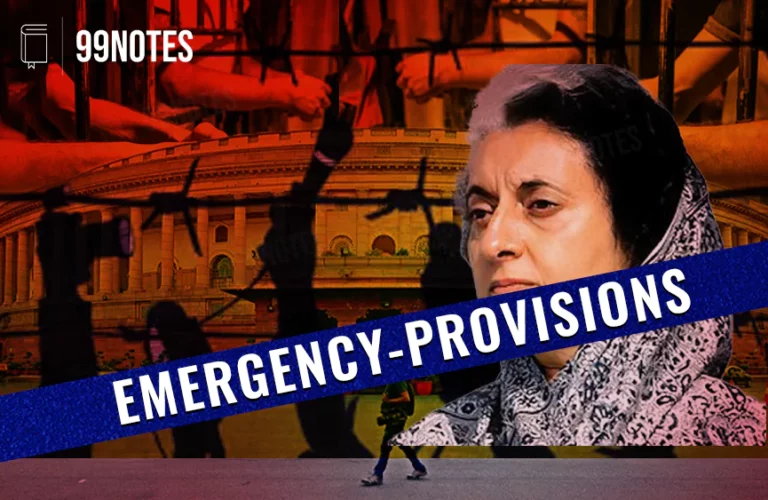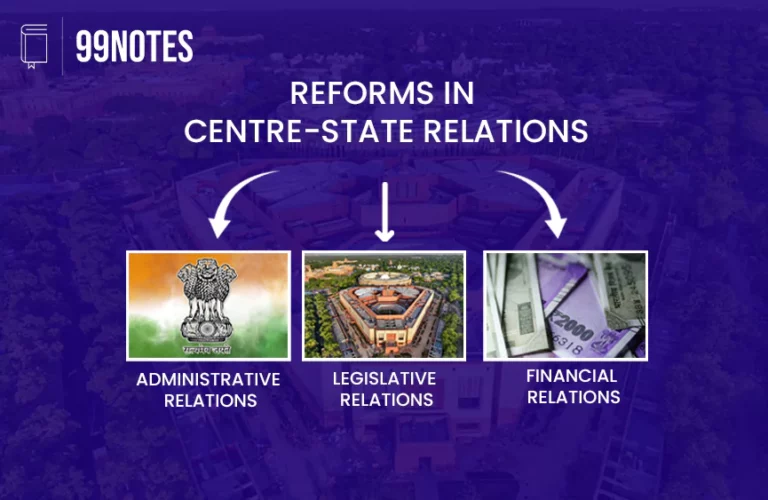State Council of Ministers- Notes for UPSC
State Council of Ministers In a parliamentary form of government, the Council of Ministers, headed by the Chief Minister, wields the real executive power in the political and administrative system of the state (federal unit). The Council of Ministers in the states function in a similar way as at the central level. Article 163 of…

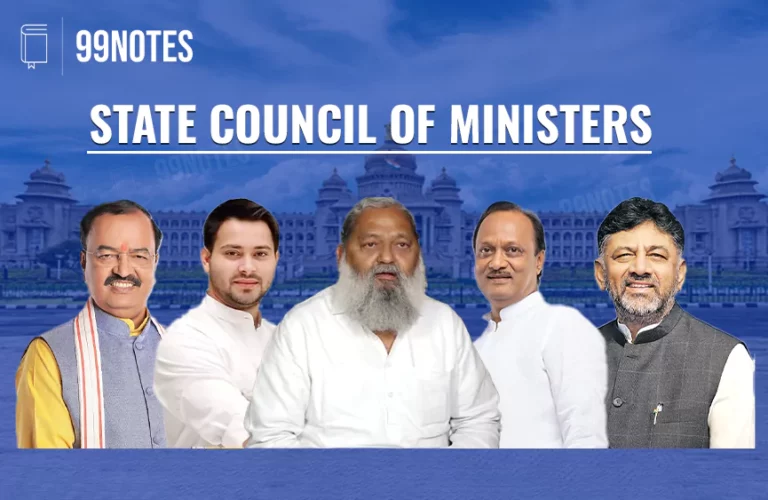
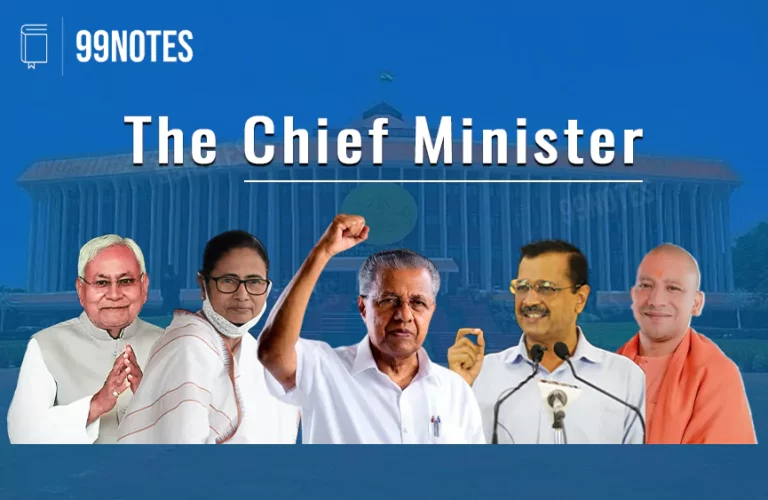
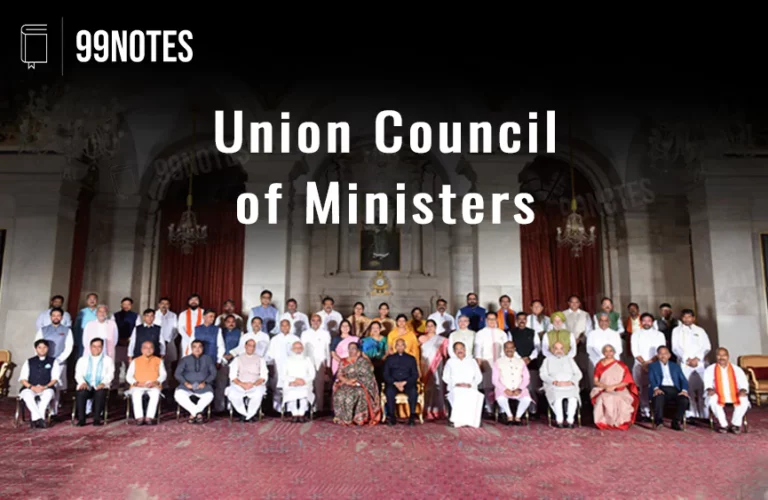
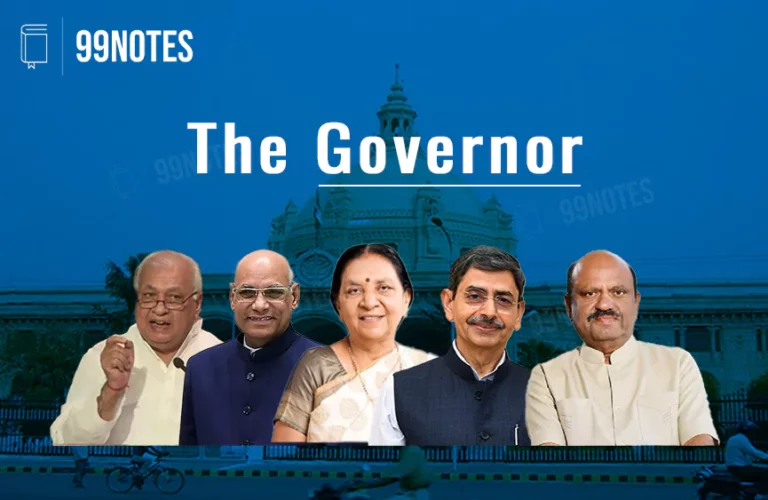
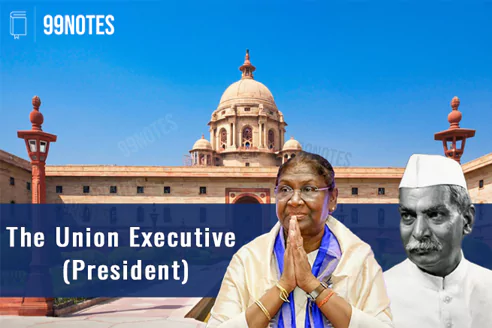
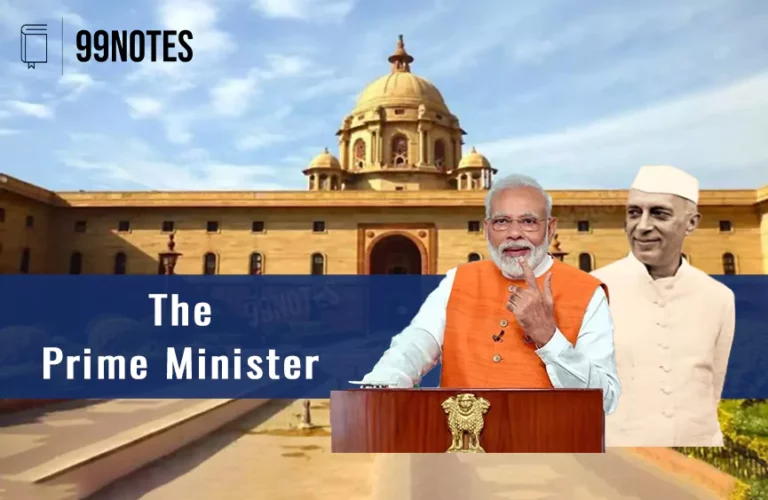
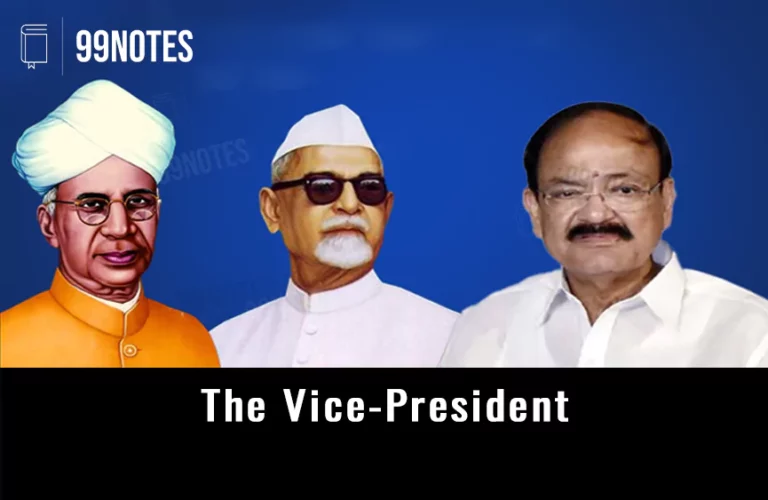
![Salient Features Of Indian Constitution [Upsc Notes] | Updated February 14, 2026 Salient Features Of Indian Constitution [Upsc Notes]](https://99notes.in/wp-content/uploads/2023/08/salient-features-of-indian-constitution-banner-99notes-upsc-654cce9bf3d76.webp)
